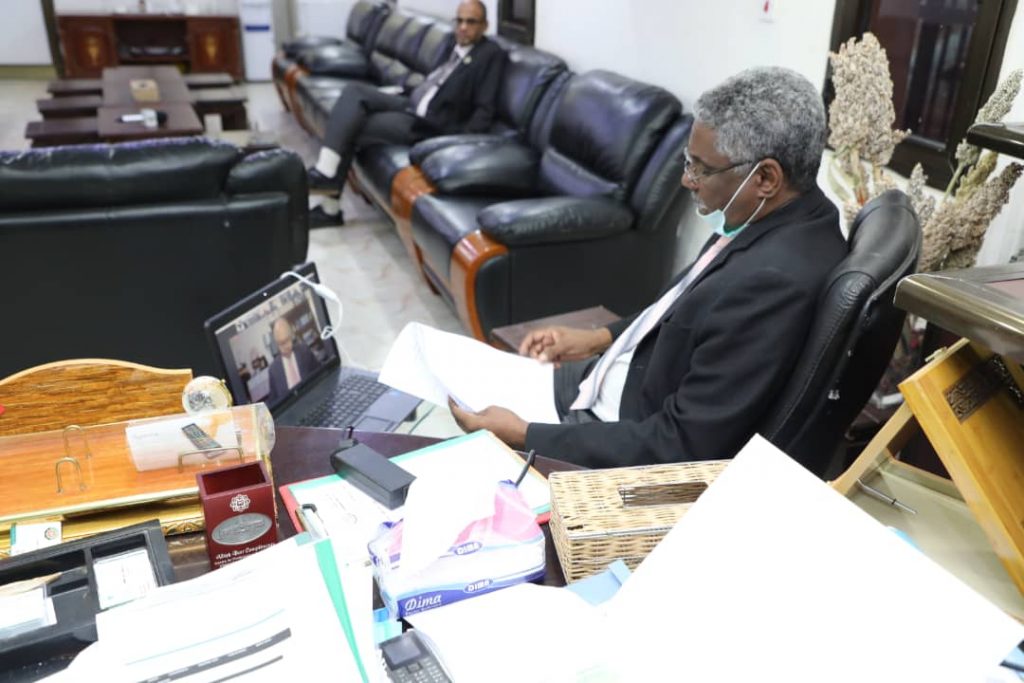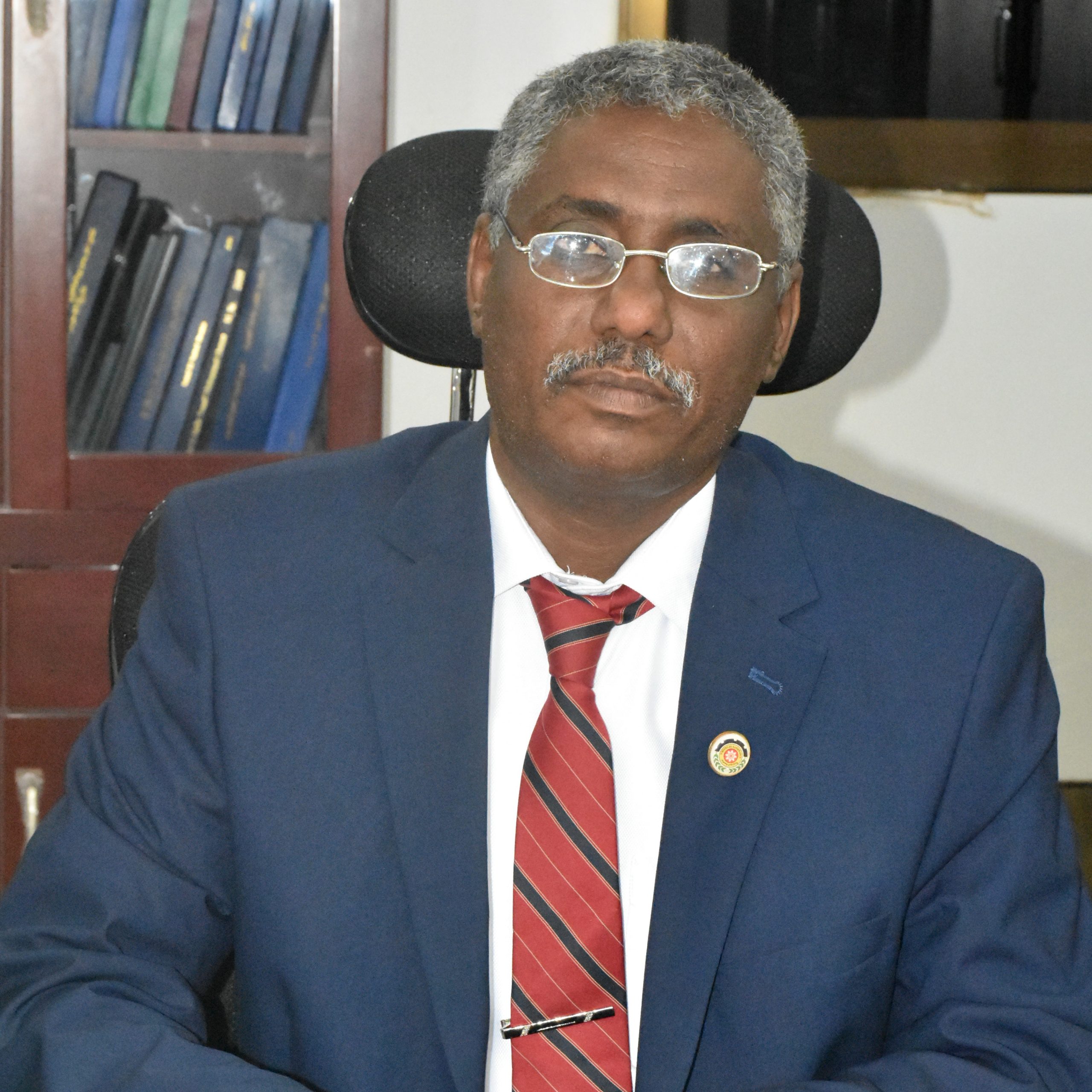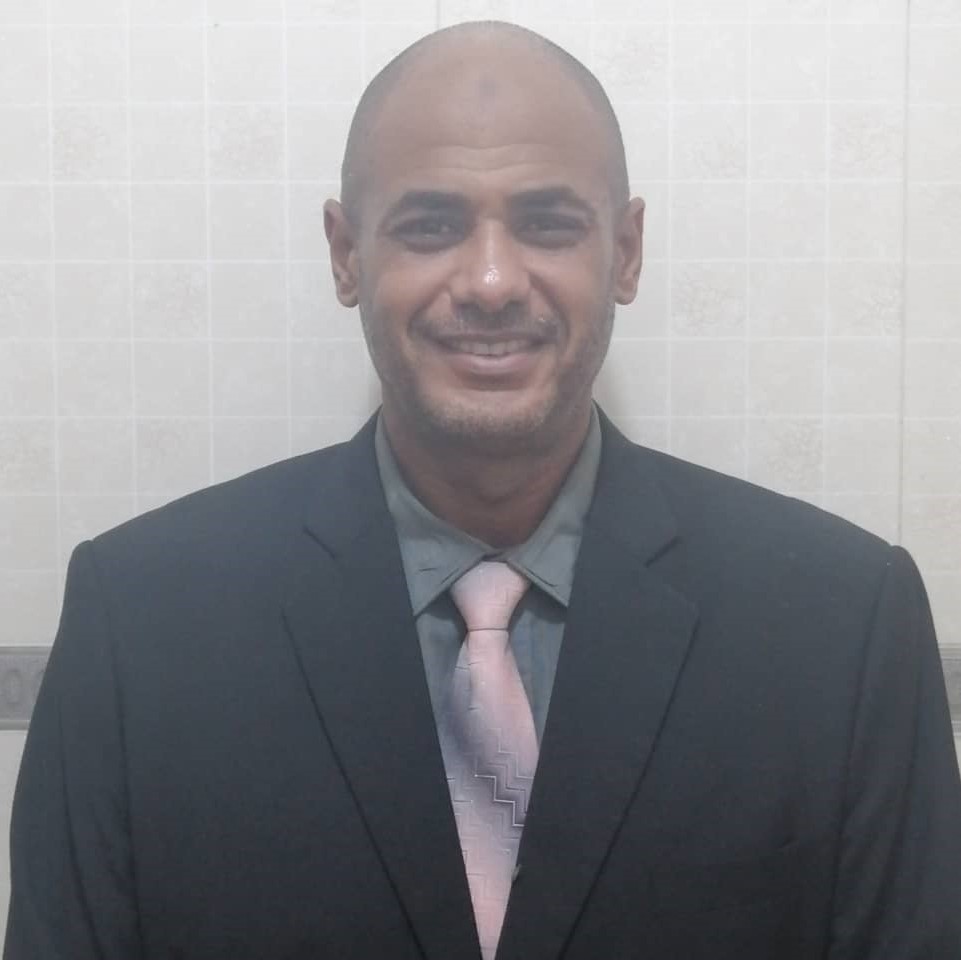- ABOUT
arrow_drop_down
- PUBLISHING
arrow_drop_down
- CONFERENCES
arrow_drop_down
- Overview
arrow_drop_down
- Past Speakers
- Host Requirements
- Sponsorship Opportunities
arrow_drop_down
- Search All
arrow_drop_down
- Search by Subject
arrow_drop_down
- Sustainability
- United Nations
- Diaspora
- Africa
arrow_drop_down
- MENA
- Policy
arrow_drop_down
- Climate Change
- Health
arrow_drop_down
- Education
arrow_drop_down
- Women
- Youth
- Leadership
- Business
arrow_drop_down
- Overview
- ACADEMY
arrow_drop_down
- Overview
- Training
arrow_drop_down
- Overview
- Search All
arrow_drop_down
- Forthcoming
- Past
- Search by Levels
arrow_drop_down
- Search By Subject
arrow_drop_down
- SUSTAINABILITY MASTERCLASS
arrow_drop_down
- PUBLIC POLICY
arrow_drop_down
- Public Policy
- Education
- Higher Education
- Health
arrow_drop_down
- Women
- Youth
- Security
- DIGITAL TRANSFORMATION
arrow_drop_down
- BUSINESS & MANAGEMENT
arrow_drop_down
- SUSTAINABILITY MASTERCLASS
- Workshops
- Teaching
arrow_drop_down
- Framework
- Universities
arrow_drop_down
- SDGs Universities
arrow_drop_down
- African Universities
arrow_drop_down
- Arab Universities
arrow_drop_down
- Sudan Universities
arrow_drop_down
- Islamic Universities
- Women Universities
- SDGs Universities
- Research
arrow_drop_down
- Consultancy
arrow_drop_down
- COMMUNITY
arrow_drop_down
- EXPERTS
arrow_drop_down
- Overview
- Global Who’sWho
arrow_drop_down
- Women Who’sWho
- Diaspora Who’sWho
- Arab Who’sWho
arrow_drop_down
- Africa Who’sWho
arrow_drop_down
- Sudan Who’sWho
arrow_drop_down
- Interactive Map
- Sudan Doctors
arrow_drop_down
- PARTNERSHIPS
arrow_drop_down
- NEWS
- RESOURCES
arrow_drop_down
- Digital Library
- Book Store
- World Organisations
arrow_drop_down
- Search All
arrow_drop_down
- IATA
- United Nations
- International
- Foundations
- Private Sector
arrow_drop_down
- Financial Institutions
arrow_drop_down
- Think Tanks
- Libraries
- NGOs
- Students
- Research
- Search All
The University of Gezira is established to serve the community, and to link education with the requirements of development and make it more relevant to human and environmental needs. This is evident from the content of educational mission entrusted to it and identified in its function “to study the environment of Sudan and in particular the rural environment, to identify the issues and conduct research around it”. With this concept, the University of Gezira began its path exploring problems of society, training professional cadre capable of utilizing the potential of the rural areas of Sudan and conduct basic and applied scientific research to serve the rural community. Now and after more than three decades since it’s establishment, the University comprises Seventeen faculties spreading all over the Gezira state, in addition to the community college. The number of research institutes in various scientific and humanitarian disciplines has risen to nine, specialized research and training centers were established in faculties and institutes.
Memorandum of Understanding (MOU)

The MOU between WASD and the University of Gezira includes various levels of collaborations on teaching and research. Under the leadership of the Vice Chancellor, the MOU is implemented directly with the the University of Gezira External Relations and International Cooperation Directorate (Dr. Ali Muddathir Ahmed, Acting Director). Both parties will endeavor to encourage, promote, and facilitate the research collaboration. Activities of collaborations may include the following:
- to work joint research projects in the areas of mutual interest. Both institutions could explore opportunities of collaboration in research activities and joint publication to enhance the image of both institutions as quality service providers to academia and industry.
- to have joint supervisor for Post Graduate Student.
- to facilitate exchange of student, staff/scientists, and capacity building programs.
- to work on Joint International Conference and Research Consortium
- training and capacity building workshops on the key factors that are influencing human development and capacity building in Sudan and Africa, examples include: Sustainable Development, Artificial Intelligence, Data Science, Good Governance, Executive Leadership and Performance Improvement in the Public and Private Sector, Global Business Environments and Entrepreneurship, Innovation and Development: Role of Human Capital, etc.
- various initiatives to encourage the engagement of children and youth from across the world.
- global campaigners for women empowerment across the world and particularly in the MENA region.
- Diaspora International Project – Sudan Knowledge.
- help UOFG to establish its own international journals and book series.
- help UOFG to develop its website and digital marketing platforms.
- help UOFG to deliver jointly with WASD various programs using WASD state of the art online technologies and platforms to encourage and recruit more students to join UOFG.
Problems facing Sudan in achieving SDG4 (Prof. Ali Habour)
Sustainable development (SD) can be defined as development that meets the needs of the present without compromising the ability of the future generation to meet their own needs. In September 2015 the General Assembly adopted the 2030 Agenda for sustainable development that include 17 SDG4. Building on the principal of leaving no one behind. The agenda emphasizes a holistic approach to achieving SD for all. Sustainable development goal no.4 in the education goal. It aims to ensure inclusive and equitable quality education and promote lifelong learning opportunities for all. The goals are meant to be global but its left to the different countries to adapt their strategies, plans and polices to achieve the stated objectives of SDG4 at national level. Sudan like other development countries is faced with challenges which are global in character include poverty, un employment, climate change and conflicts. In this paper we will present and elaborate on these challenges facing Sudan In the field of higher education following 19 December revolution in planning for new era of higher education to achieve SDG4 objectives.


